Is 'revenge travel' coming to an end?
Pent-up travel demand seems to be fizzling out heading toward the end of 2023

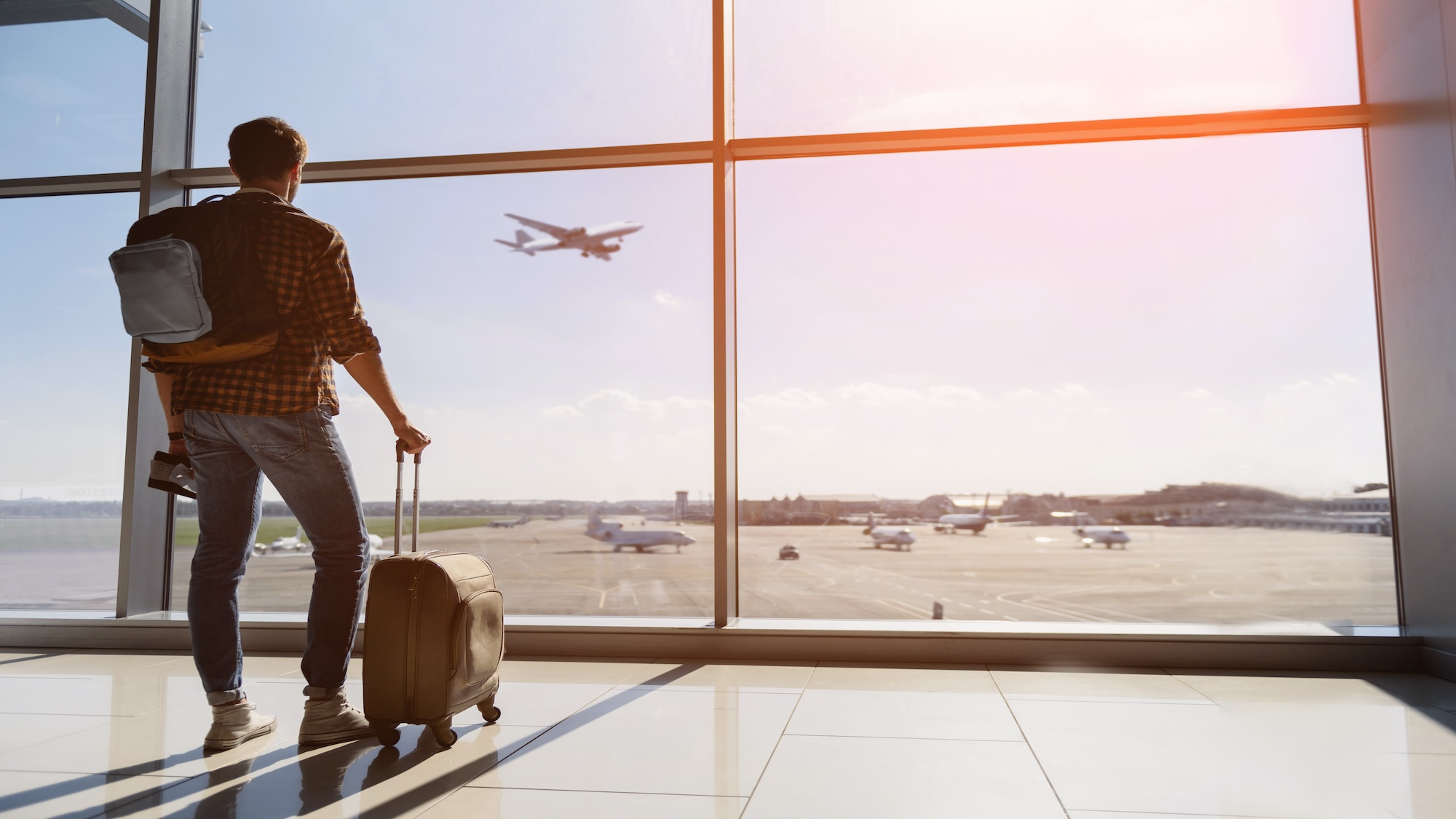
A free daily email with the biggest news stories of the day – and the best features from TheWeek.com
You are now subscribed
Your newsletter sign-up was successful
Following the end of the Covid-19 pandemic lockdowns, a new trend in vacationing emerged: "revenge travel." While this flavor of wanderlust has no singular definition, NPR describes revenge travel as "a huge increase in people wanting to make up for time and experiences lost to the pandemic."
And revenge travel was clearly hot after the pandemic cooled. The phenomenon first took off in 2021, and "demand continued to soar" in 2022, when "travelers' desire to make up for lost travel experiences helped to largely recover the domestic leisure sector to pre-pandemic levels," according to a 2022 year-in-review report from the U.S. Travel Association.
With the pandemic in the rearview mirror (though infections are still swirling), some industry experts are now saying the era of revenge travel is over. People are still traveling, however — data from the Transportation Security Administration shows that passenger volumes have been up year-over-year almost every day in 2023. So is revenge travel really a thing of the past?
The Week
Escape your echo chamber. Get the facts behind the news, plus analysis from multiple perspectives.

Sign up for The Week's Free Newsletters
From our morning news briefing to a weekly Good News Newsletter, get the best of The Week delivered directly to your inbox.
From our morning news briefing to a weekly Good News Newsletter, get the best of The Week delivered directly to your inbox.
Is 'revenge travel' really dead?
Yes, "revenge travel is dead," Barron's argued. Over the summer, "airfares dropped both month over month and year over year," and while some wealthier travelers "are still jet-setting internationally, domestic travel has fallen," and many of those still yearning to travel are "willing to trade down to more budget-friendly locations."
After the bucket-list-checking frenzy of the past two years, Barron's added, "binge travel is out; bliss travel — meaningful, relaxing, frictionless trips for everyone who was run ragged by revenge vacations — is in."
Changing travel habits are not the only indicator revenge travel may be on the way out. Many low-cost airlines are having to alter their fares in order to fill seats. Fuel prices, plane capacity and travel demand are "all headed in the wrong direction," Frontier Airlines chief executive Barry Biffle said at an industry conference in September, The Wall Street Journal reported. A group of low-cost carriers, including Frontier, JetBlue and Spirit, "warned that weaker demand in their home territory will weigh on fares and results this fall," The Washington Post reported.
It's not just American travelers, either. A Morning Consult report published in September showed that travel demand was "flatlining or falling" in other countries, "most notably in Europe," CNBC reported. In France and Germany, intentions to travel have dropped 11% and 6%, respectively, since 2022, according to Morning Consult. Interest in traveling is also falling in Canada, Russia, India, South Korea, Italy, Spain and the U.K., the report shows.
A free daily email with the biggest news stories of the day – and the best features from TheWeek.com
Do all industry experts agree with this assessment?
No. More traditional airlines, with international routes and more expensive seating options, are "scratching our heads" at the challenges described by budget carriers, United Airlines CFO Mike Leskinen said in September. United, he said, had "not seen any dramatic change in the bookings."
Delta also said "demand for seats on the airline's planes has remained solid through the fall, led by its high-end seats, for which customers are increasingly willing to pay up," the Journal reported. At the same time, Delta — which is planning a large trans-Atlantic expansion next summer, in a bet on growing international and business travel — has cut its profit projections by 35 to 45 cents per share, citing fuel and other costs.
And the death of revenge travel seen by low-cost carriers seems to be an American phenomenon. European low-cost airlines aren't "following the U.S. pattern of a deceleration in short-haul trips," the Post reported, noting that British budget carrier EasyJet "said recently it was still seeing robust demand."
What's next for the travel industry?
Whatever happens with revenge travel, vacations aren't going away — they're just transitioning. If grand, lavish trips are out, "the travel trend that seems to be gaining strength is travel for wellness," Forbes reported.
In 2020 — a year when most travel slammed to a halt — wellness tourism brought in $436 billion, according to the Global Wellness Institute. And that was a down year for wellness tourism, "the powerful intersection of two large and growing multitrillion-dollar industries: tourism and wellness," the institute said, adding that the industry made around $720 billion in 2019.
If wellness travel seems in healthy shape, revenge travel will probably continue to fade. "The boost purely from pent-up demand may soon run its course," Oxford Economics warned in September, CNBC reported.
Justin Klawans has worked as a staff writer at The Week since 2022. He began his career covering local news before joining Newsweek as a breaking news reporter, where he wrote about politics, national and global affairs, business, crime, sports, film, television and other news. Justin has also freelanced for outlets including Collider and United Press International.
-
 What to know before filing your own taxes for the first time
What to know before filing your own taxes for the first timethe explainer Tackle this financial milestone with confidence
-
 The biggest box office flops of the 21st century
The biggest box office flops of the 21st centuryin depth Unnecessary remakes and turgid, expensive CGI-fests highlight this list of these most notorious box-office losers
-
 The 10 most infamous abductions in modern history
The 10 most infamous abductions in modern historyin depth The taking of Savannah Guthrie’s mother, Nancy, is the latest in a long string of high-profile kidnappings
-
 Caribbean resorts that call for serious rest and relaxation
Caribbean resorts that call for serious rest and relaxationThe Week Recommends Serenity is a flight away
-
 Quiet divorce is sneaking up on older couples
Quiet divorce is sneaking up on older couplesThe explainer Checking out; not blowing up
-
 Admin night: the TikTok trend turning paperwork into a party
Admin night: the TikTok trend turning paperwork into a partyThe Explainer Grab your friends and make a night of tackling the most boring tasks
-
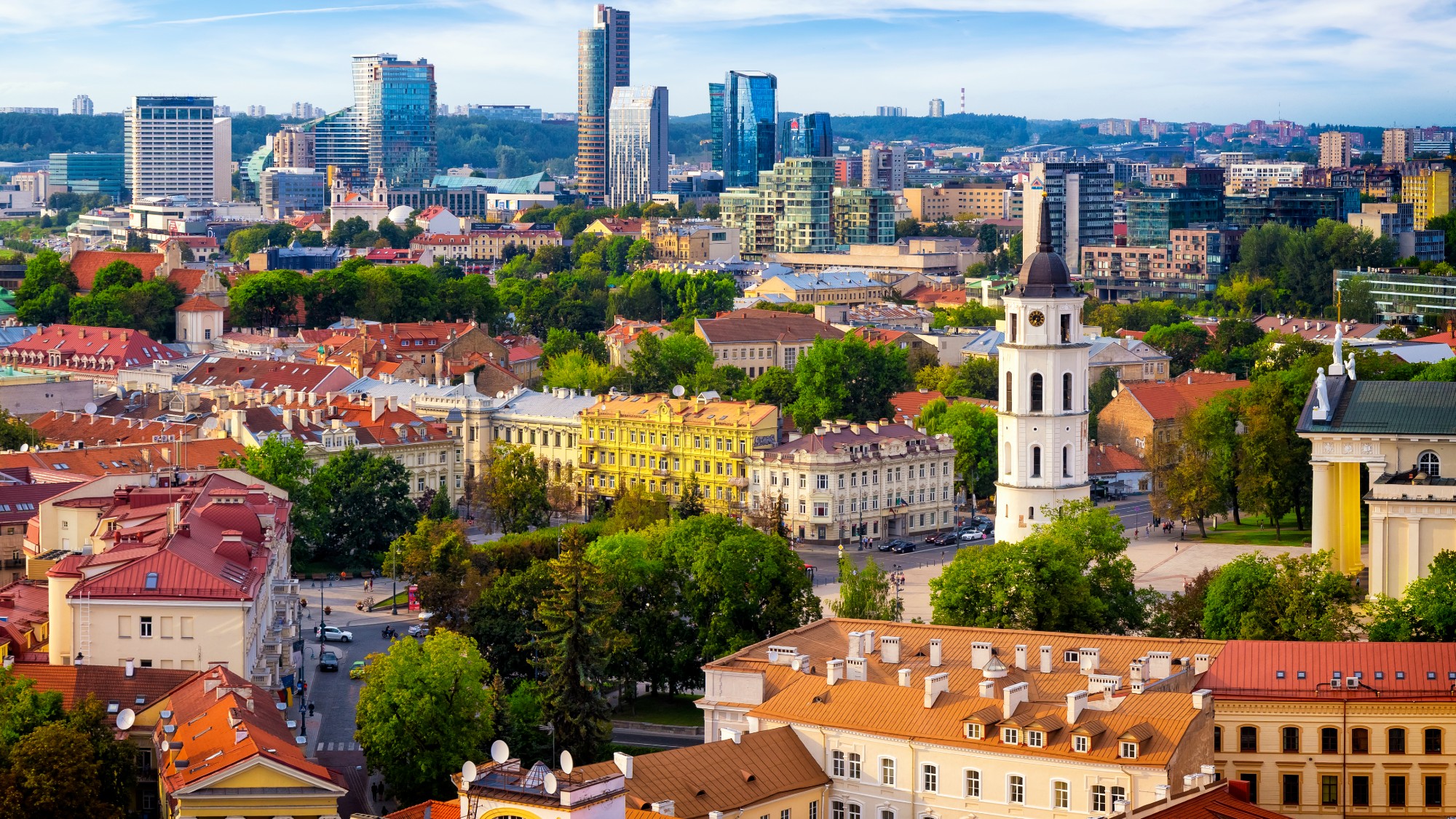 Exploring Vilnius, the green-minded Lithuanian capital with endless festivals, vibrant history and a whole lot of pink soup
Exploring Vilnius, the green-minded Lithuanian capital with endless festivals, vibrant history and a whole lot of pink soupThe Week Recommends The city offers the best of a European capital
-
 Dive right into these 8 underwater adventures
Dive right into these 8 underwater adventuresThe Week Recommends It’s time to make a splash
-
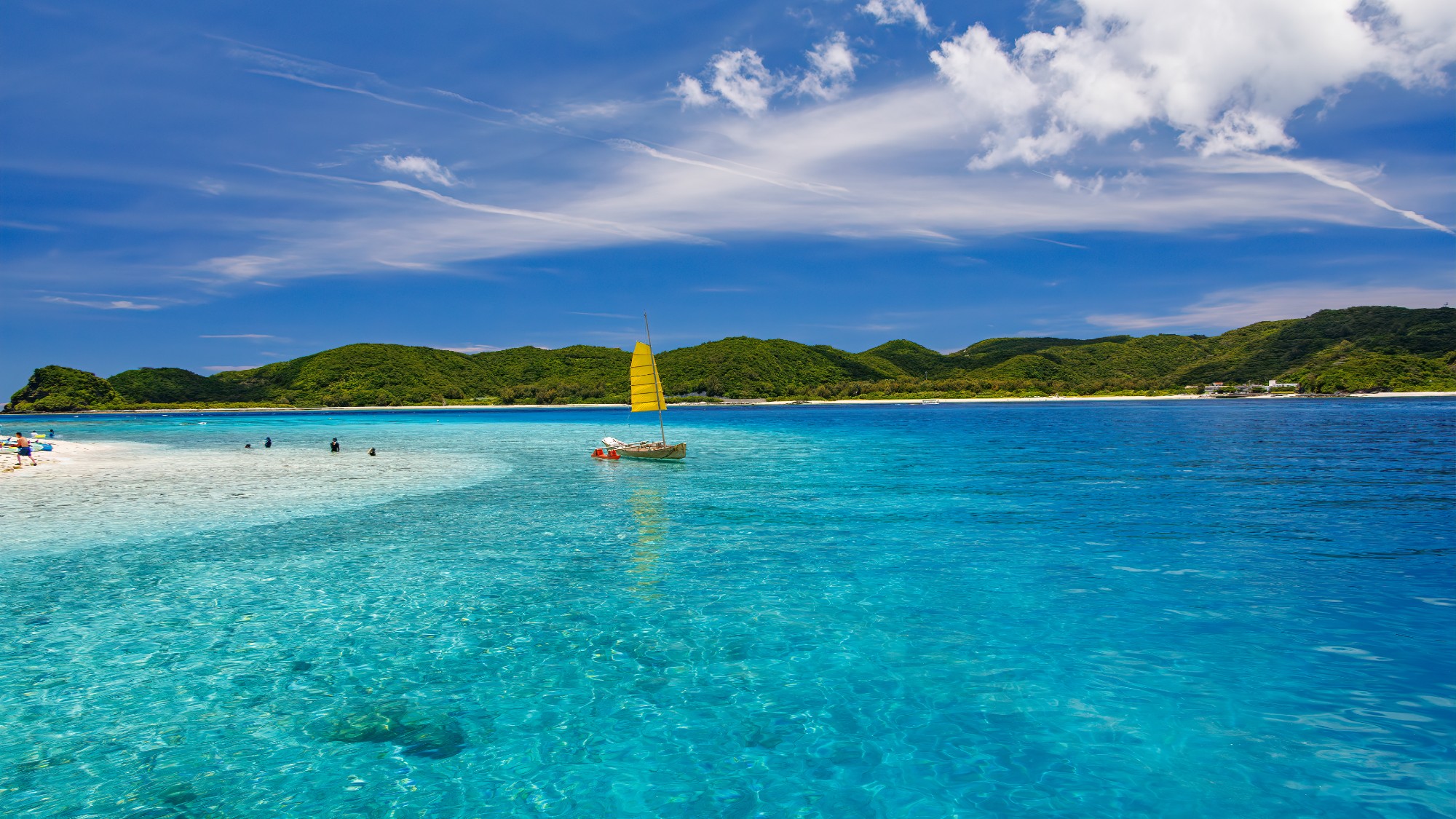 In Okinawa, experience the more tranquil side of Japan
In Okinawa, experience the more tranquil side of JapanThe Week Recommends Find serenity on land and in the sea
-
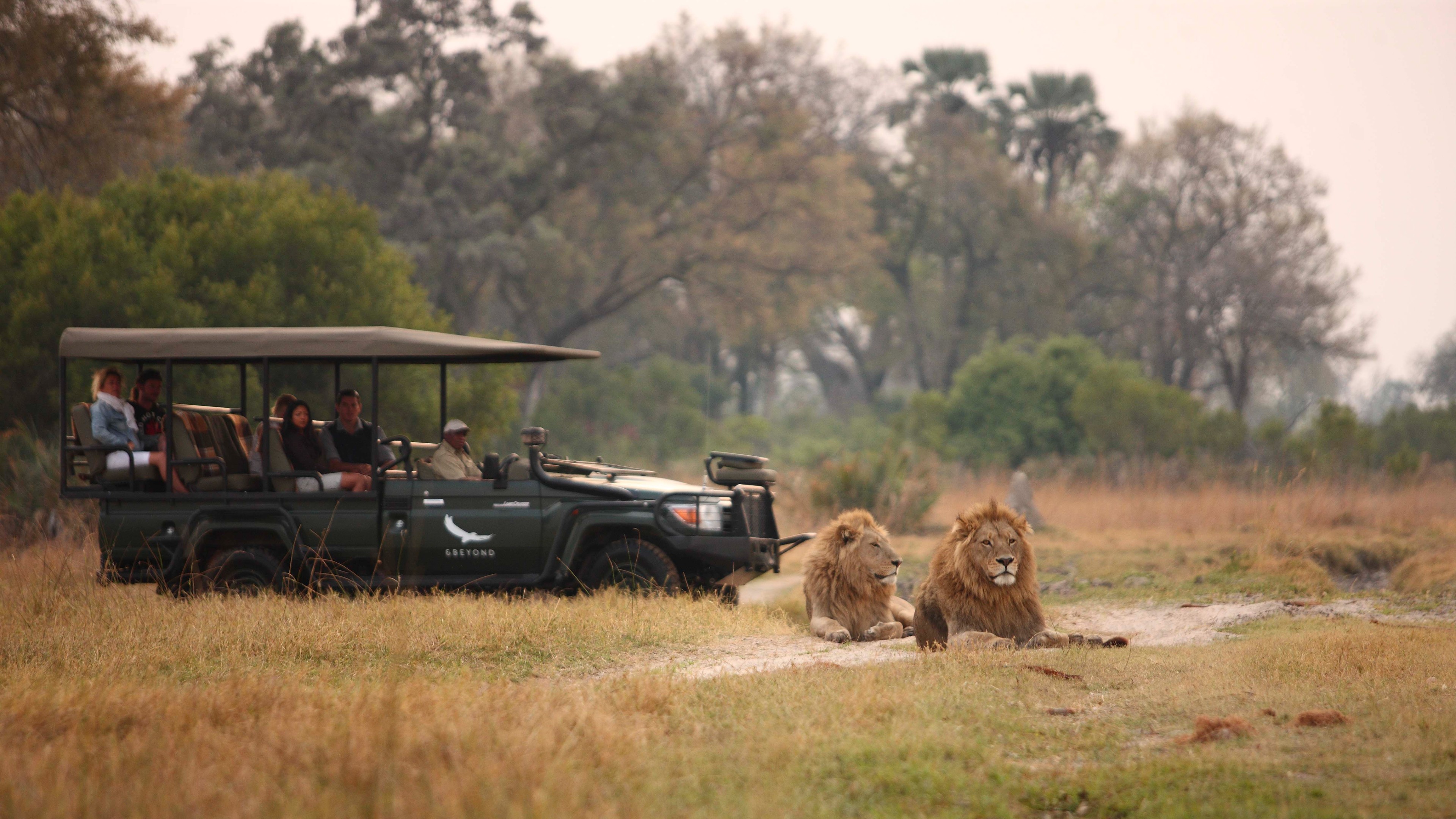 11 hotels opening in 2026 that will move you to reconnect with nature
11 hotels opening in 2026 that will move you to reconnect with natureThe Week Recommends Find peace on the beaches of Mexico and on a remote Estonian island
-
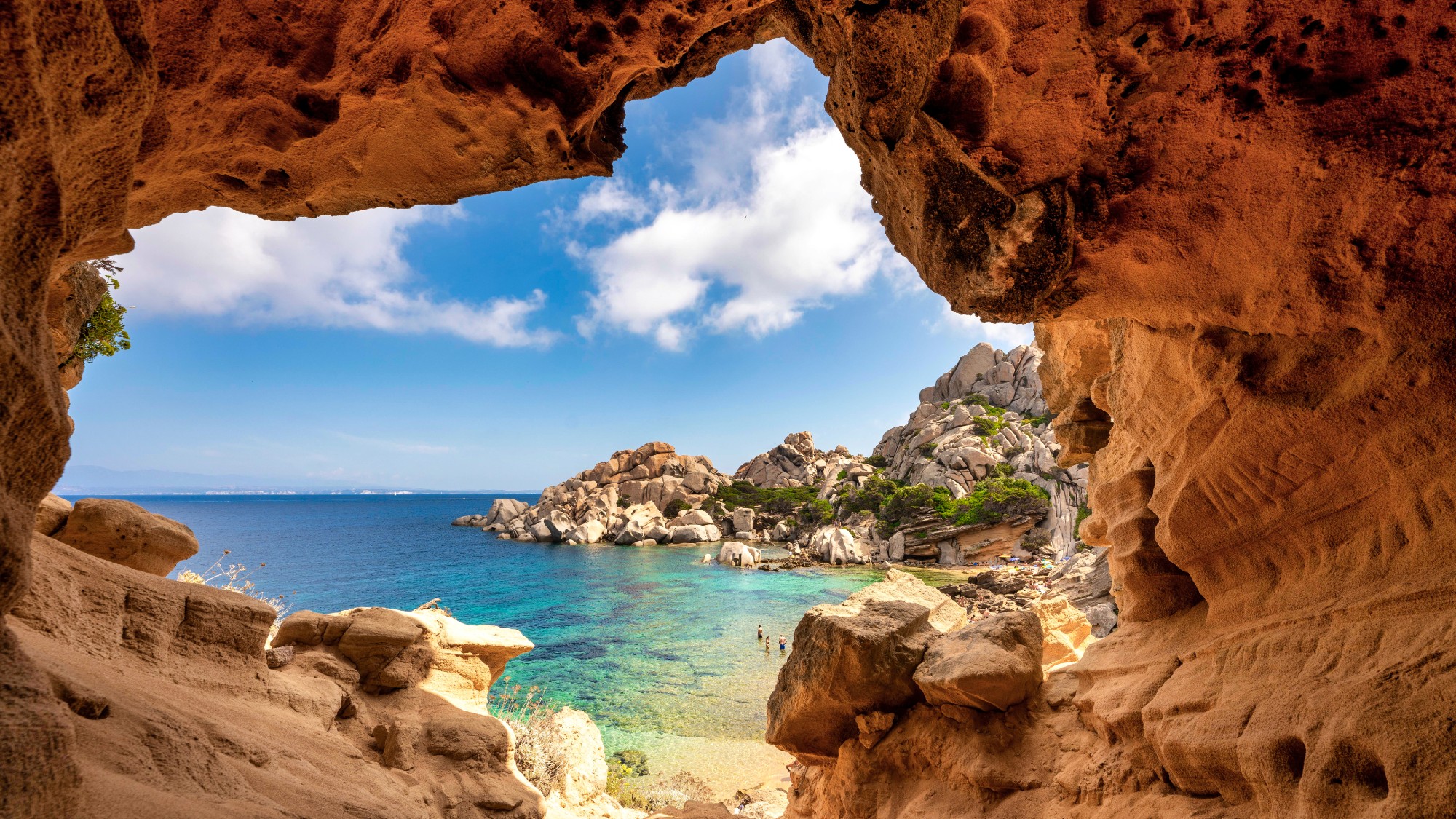 8 incredible destinations to visit in 2026
8 incredible destinations to visit in 2026The Week Recommends Now is the time to explore Botswana, Mongolia and Sardinia
